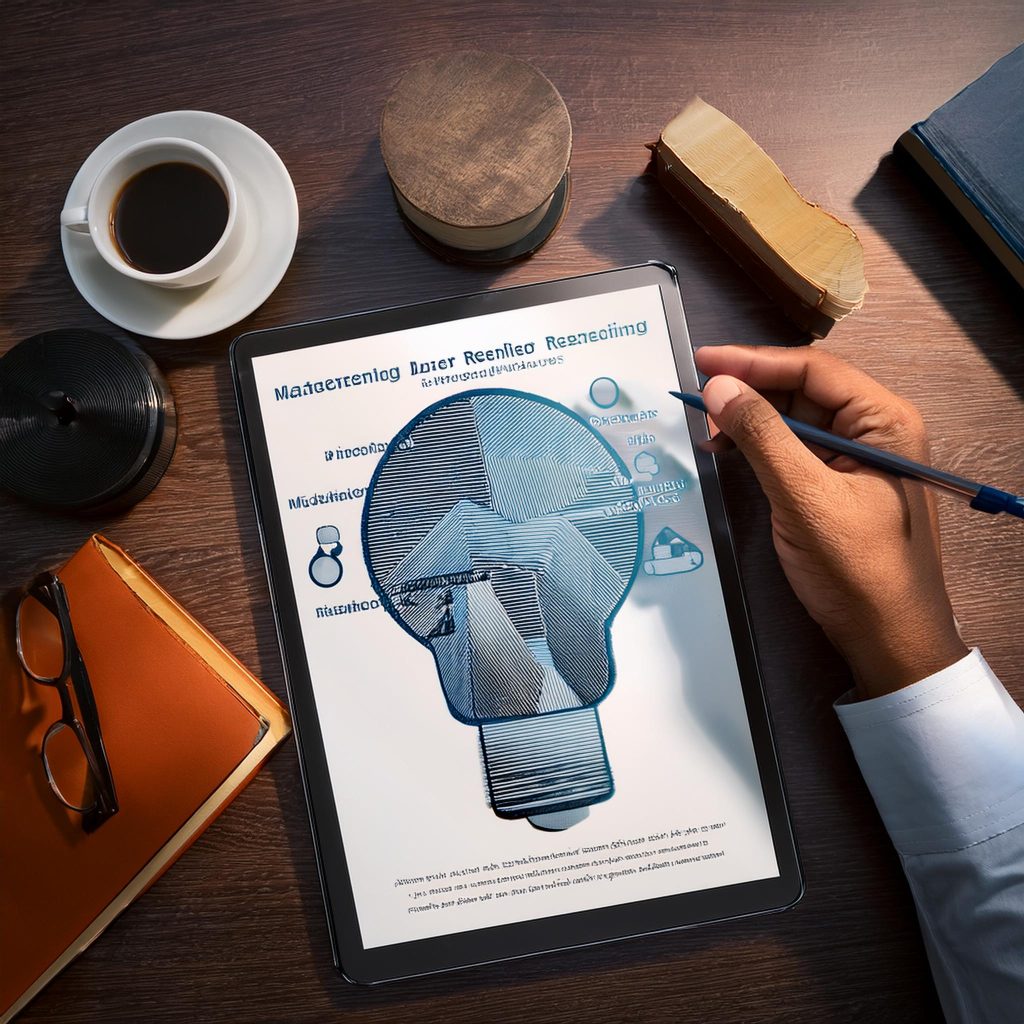This text is a complete guide for would-be eBook authors on how to efficiently research and accumulate data for their writing endeavors. The book makes a strong case for the importance of using several search engines—beyond just Google—for the best possible diversity of information and viewpoints. Author Lindsay Buroker suggests several engines—Ask.com, Live Search, Dogpile, and Yahoo Search—as worthy alternatives to experiment with.

The author underscores the importance of seeking out unconventional information sources, such as online forums, email lists, blogs, newsgroups, and newsletters. These platforms can provide a window into the “real person” conversations that help inform societal movement and can inspire eBook ideas. To tap into this well of conversation, the text suggests using targeted keywords to locate relevant discussions and emphasizes using this phase to be as nosy as possible—all with the aim of being a better informed and, thus, a better eBook writer.
The author also talks about the importance of selecting a subject that speaks to the probable readers of the eBook. If the research seems to create little interest or stir up little conversation, it could mean the chosen topic isn’t popular enough to sustain an eBook. The text encourages potential eBook writers to be adaptable and to try out lots of different subject matters before hitting on one that works.
The manual also provides reassurance that one doesn’t need to be an authority on a subject to write well about it. The right ways of going about researching a topic can yield excellent results, even when what’s being researched is new to the writer. Students often have to tackle this same type of work when doing assignments, and they, too, are not always well-versed in the topic at hand. And like students, writers can lean on the internet as a seemingly endless resource for information.
In addition, the text asks writers to make plain their motives for writing the eBook that go beyond just wanting to make money. It nudges authors to think about what their audience needs, to really consider what value is in the eBook that makes it worth reading, and to identify what kind of skills or knowledge the reader should walk away with after reading it.
In the end, the guide advises authors to adapt their eBook writing style to fit the audience they’re addressing. They should use a conversational tone, with clarity, and always with due respect for the audience they’re presuming to reach. The guide then closes, if anything, reinforcing how essential it is for authors to research their subjects comprehensively before writing an eBook. And it also notes how crucial it is for writers to have a working understanding of the eBook medium itself—especially with regard to copyright matters.




